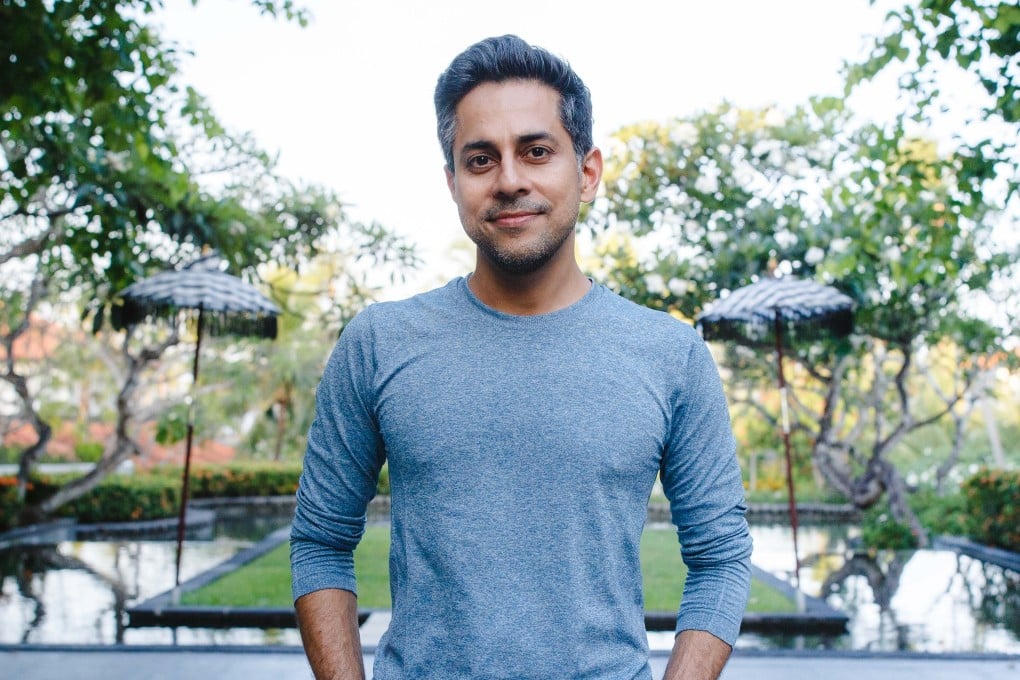Advertisement
How Malaysian ‘brain hacker’ Vishen Lakhiani went from meditation student to self-help guru
- Lakhiani is the co-founder of Mindvalley, a website offering courses such as how to heal from a broken heart, live longer, or achieve career success
- He wants to reach 1 billion users with his self-help programmes, available on his site for US$595 a year
Reading Time:4 minutes
Why you can trust SCMP

When self-help entrepreneur Vishen Lakhiani, 43, moved to Silicon Valley in 2001 after graduating from the University of Michigan, he was filled with big dreams of entrepreneurial success.
But though it was a place ripe for opportunities, the timing was off – the dotcom bubble had begun to burst and the Kuala Lumpur native found himself going through “some really hard times” and working at a “dial-for-dollars” telemarketing job.
Down in the dumps, Lakhiani signed up for a meditation class that would change his life.
Advertisement
Applying the techniques at work, the father of two said he learned to listen to his inner voice to better connect with people and visualise his goals – going from telemarketer in Silicon Valley to director of sales in New York in a year. “I got deeper into meditation and personal growth, seeing how it impacted my life in such a positive way,” he said.

Advertisement
Deciding to share his mindfulness journey with others, Lakhiani in 2003 co-founded Mindvalley, a global online self-development company that aims to empower people to become “the best versions of themselves”. He also speaks at conferences, and in 2016 wrote The Code for the Extraordinary Mind, a book that includes a six-phase meditation “brain hack” designed to help readers “get to the level of extraordinary faster”.
Advertisement
Select Voice
Select Speed
1.00x